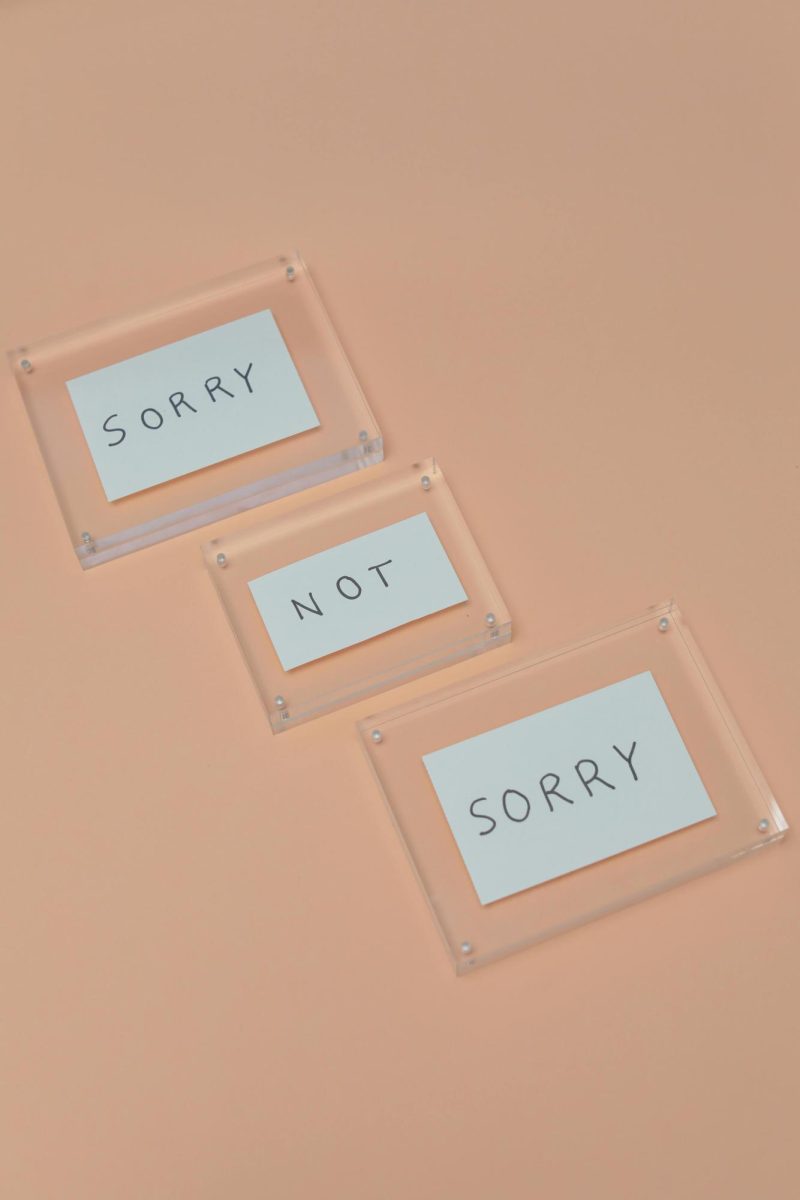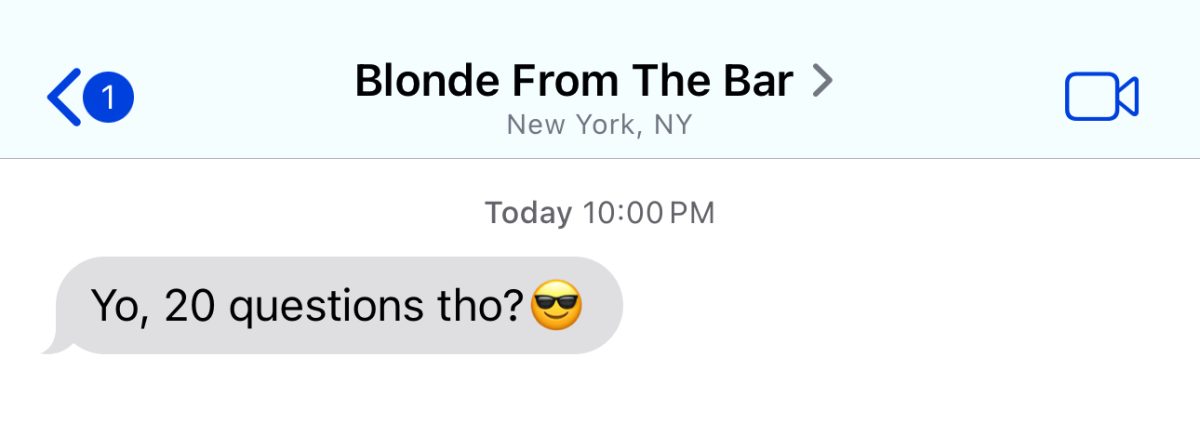Being too nice is not always the right thing to do. This may sound crazy to say as you never know what someone else is going through, and it is just common decency to be kind and offer a friendly smile if need be. However, there are times when people take advantage of someone’s kindness or willingness to do something.
The people taken advantage of also allow these types of people to do this to them. This can be for many reasons, some stemming from one’s personal struggle with perfectionism– believing if they do what the other person wants, they can make everything right or “perfect.” Another reason is that people-pleasers can be insecure of themselves and have low self-esteem meaning that they don’t want others to dislike them if they do not do something that is asked. Or because they don’t see their needs and wants as being important enough and thus need a source of external validation which they get from others.
This brings up the important distinction of being nice versus being a people-pleaser. Some may argue that they are the same thing or one cannot exist without the other, but that is not the case and there is a clear distinction between them both.
For example, being nice can mean that you are a kind person who enjoys being helpful in situations and respectful to people. However, if you are only doing a particular thing because you feel your heart beating out of your chest and your mind is consumed with anxious thoughts at the mere concept of saying no to it, then you probably are a people-pleaser.
This is stressful on a person even if they may not see it at first, but the lasting effects of constantly putting others before yourself and disagreeing with your values can lead to both mental and physical effects. Like frustration or high blood pressure due to always having to keep up this façade of everything being fine.
People-pleasers do their best to avoid conflicts and accommodate the needs of other people no matter what effect it would have on their own well-being. Manipulators who take advantage of people, and the people who allow themselves to be taken advantage of, are both red flags. Using others for your personal gain is clearly not the right thing to do, but neither is being ingenuine or telling white lies to avoid hurting someone’s feelings or upsetting them.
There is no positive side to being the “Yes man” and while there may be some concerns from those closest to them regarding their actions and behavior, ultimately no one is looking out for the people pleaser. It is up to their willpower to pull themselves out of this continuous cycle and stand up for themselves. They are people who completely disregard their actual personality– whether that be for a moment or altogether, simply just to avoid conflict or because it goes against the conventional ideals of society. Who feel that they must put on their rose-colored glasses to see things through an optimistic point of view to seem non-confrontational and “normal.”
Nothing is ever learned or accomplished through doing this and one can find their confidence and self-worth decreasing due to this perceived sense of needing approval from others. Constantly trying to please someone can cause one to feel burnt out due to the constant pressure and feeling that you are not doing enough in the given situation. The takers and users have no limit on how much they can exploit and will continue to do so as long as the situation permits itself.
From a young age, we are taught to not be selfish. It is the golden rule that we learn as we enter childhood to treat others with the same type of respect that we would want shown to us. This includes sharing, being kind and acknowledging others’ feelings. You can bend over backwards for someone and they couldn’t care less. You can go above and beyond for someone, but the next time before you do, take a minute and really think if this person would do the same for you. If you have to think about it too long or the answer is a quick and sure no, then why are you even doing it?
Being selfish has a negative connotation to it and no one wants to be labeled as a “selfish person,” but sometimes it is okay to be selfish and put yourself before others. It is your own life after all, and if you do not care or focus on yourself enough, then who will? This is why it is important to set boundaries and practice self-care. “No” is just as much of a response as “Yes” and it is perfectly fine to use that word if you don’t want to do something the best thing about it is that you do not need to elaborate further because “No” is a complete sentence.







